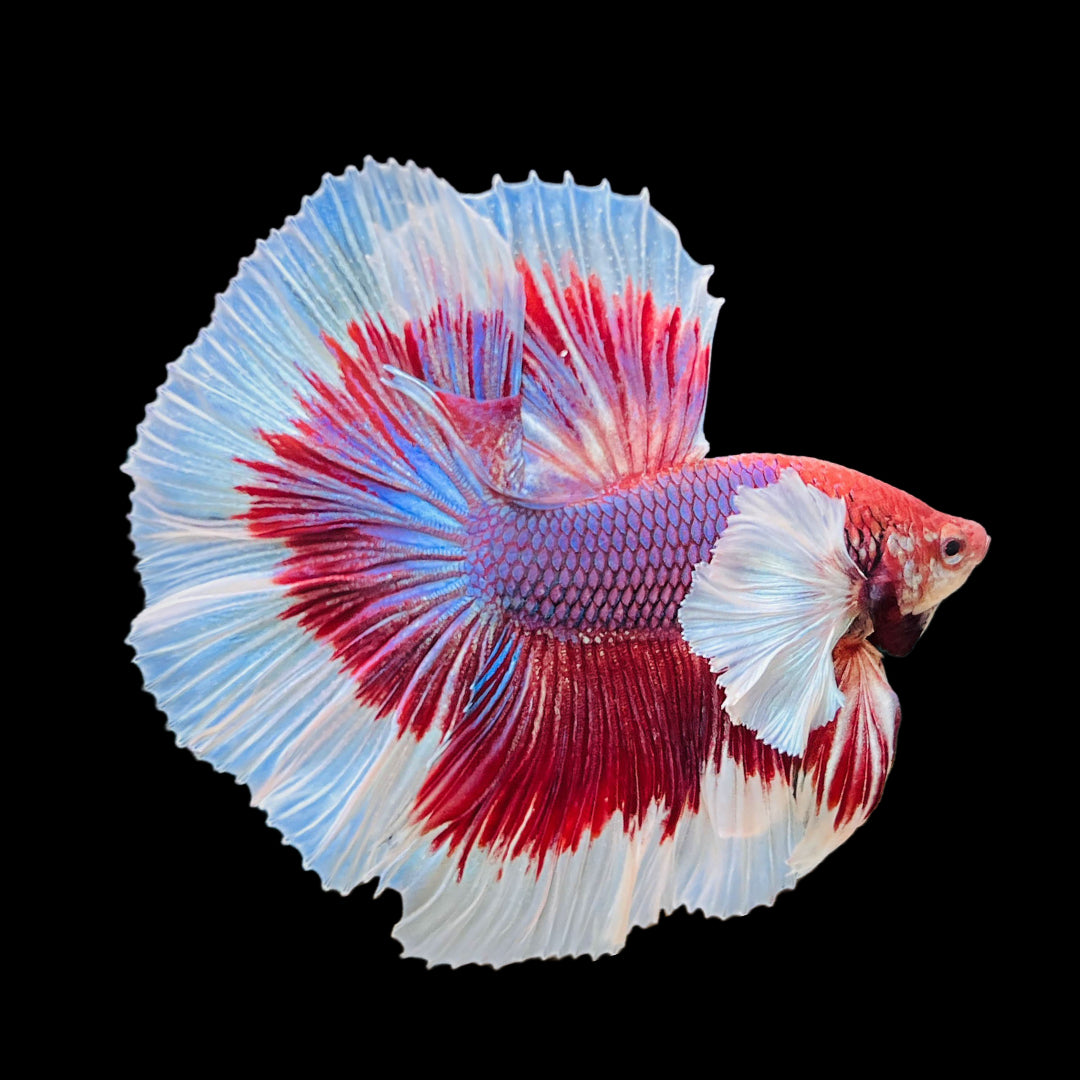Just how to Choose the Right Betta Fish for Your Aquarium
Just how to Choose the Right Betta Fish for Your Aquarium
Blog Article
The Ultimate Guide to Betta Fish Treatment: Crucial Tips for Maintaining a Healthy And Balanced and Successful Aquarium Setting
Efficient Betta fish treatment requires a comprehensive understanding of their one-of-a-kind ecological and physical requirements. Developing an appropriate aquarium begins with choosing the right storage tank dimension and guaranteeing optimal water problems, which are essential for the wellness and well-being of your Betta.
Selecting the Right Tank
Choosing the proper storage tank for your Betta fish is important to ensuring its health and well-being. Bettas thrive in settings that imitate their all-natural habitats, which usually include tranquility, warm waters. A storage tank dimension of at the very least 5 gallons is suggested to give sufficient swimming area, as smaller sized storage tanks can cause tension and health problems for these lively fish.
When choosing a storage tank, take into consideration the tank's shape and filtration system. A rectangular storage tank is preferable to a bowl, as it offers extra surface location for oxygen exchange. Additionally, a trustworthy purification system is important to preserve water high quality and lessen the regularity of water changes (betta fish). Nevertheless, it is very important to select a filter with a gentle flow, as Bettas are not strong swimmers and may resist strong currents.
Temperature regulation is an additional crucial aspect; Bettas prefer water temperatures in between 76 ° F and 82 ° F. Spending in a good heating system will certainly make sure that the water stays within this variety, advertising a healthy and balanced and active way of living for your Betta. Last but not least, giving ideal storage tank decorations and concealing spots will certainly help in reducing tension and motivate natural actions, even more improving your Betta's wellness.
Maintaining Water High Quality
Maintaining optimal water top quality is important for the health and wellness and long life of Betta fish. This needs normal surveillance of different criteria, including temperature, pH, ammonia, nitrite, and nitrate degrees. Bettas thrive in temperatures in between 76 ° F and 82 ° F, so maintaining a secure temperature is critical. Sudden changes can bring about anxiety and health problem.
The pH level need to preferably drop in between 6.5 and 7.5. Regular screening using a trusted water screening package can help guarantee these parameters continue to be within the proper arrays. Ammonia and nitrite levels should constantly be at 0 ppm, as even low concentrations can be poisonous to Betta fish. Nitrate levels should be kept under 20 ppm to stop lasting wellness concerns.
Regular water adjustments are important to keeping water high quality. Furthermore, including a robust filtration system can aid in maintaining water quality and top quality, giving a healthier environment for your Betta fish.
Perfect Feeding Practices
Giving a balanced diet regimen is essential for the wellness and vibrant coloration of Betta fish, as their nutritional requirements play a significant function in their general well-being. Betta fish are meat-eating naturally, requiring a diet regimen high in protein. A mix of top quality pellets, frozen or real-time foods such as bloodworms, brine shrimp, and daphnia can give the important nutrients they require.
Feed your Betta fish 2 to 3 times a day, supplying only what they can eat within 2 to 3 minutes to stop overfeeding and preserve water high quality. Overfeeding can result in excessive weight and wellness problems, including swim bladder condition. It is important to monitor their dietary consumption and adjust section dimensions accordingly.
In enhancement to healthy protein, a well balanced diet should consist of nutrients to promote optimal health and wellness. Take into consideration supplementing their diet with high-grade flakes or pellets specifically formulated for Betta fish, as these typically consist of essential ingredients.

Producing a Suitable Environment

Water high quality is paramount; preserve a temperature between 76 ° F and 82 ° F, and make sure the pH degree varies from 6 - betta fish.5 to 7.5. Regular water modifications of 25-50% weekly will certainly aid maintain toxins at bay and make certain a stable atmosphere
Including plants and hiding spots is vital, as Betta fish are normally territorial and enjoy having areas to check out and pull away. Live or silk plants, in addition to caves and ornaments, can create a stimulating environment.

Normal Health And Wellness Checkups
Conducting normal health and wellness check-ups is essential for making sure the well-being of Betta fish, as very early detection of possible issues can protect against severe health issue. These appointments should incorporate an extensive examination of the fish's physical condition, actions, and environmental variables.
Begin by observing the Betta fish for any indicators of distress, such as lethargy, anorexia nervosa, or unusual swimming patterns. In addition, examine the fins and body for indications of staining, lesions, or fin rot, which can suggest infections or bloodsuckers. Consistently keeping track of the water top quality in the aquarium is similarly essential; specifications such as pH, ammonia, nitrite, and nitrate levels need to be maintained within ideal varieties to prevent anxiety and ailment.
Moreover, consider maintaining a log of health and wellness imp source observations and water high quality examinations. This record can help with the identification of patterns or reoccuring issues. If any irregularities are spotted during the appointment, it is important to get in touch with a vet experienced in aquatic animals. Timely intervention can make a considerable distinction in the healing of your Betta fish, browse around here making certain a long and healthy life in a well-kept fish tank atmosphere.
Final Thought
In verdict, successful Betta fish treatment hinges on developing and preserving an ideal fish tank setting. By following these standards, aquarists can promote the health and vibrancy of Betta fish, ultimately resulting in a growing aquatic community.
Report this page